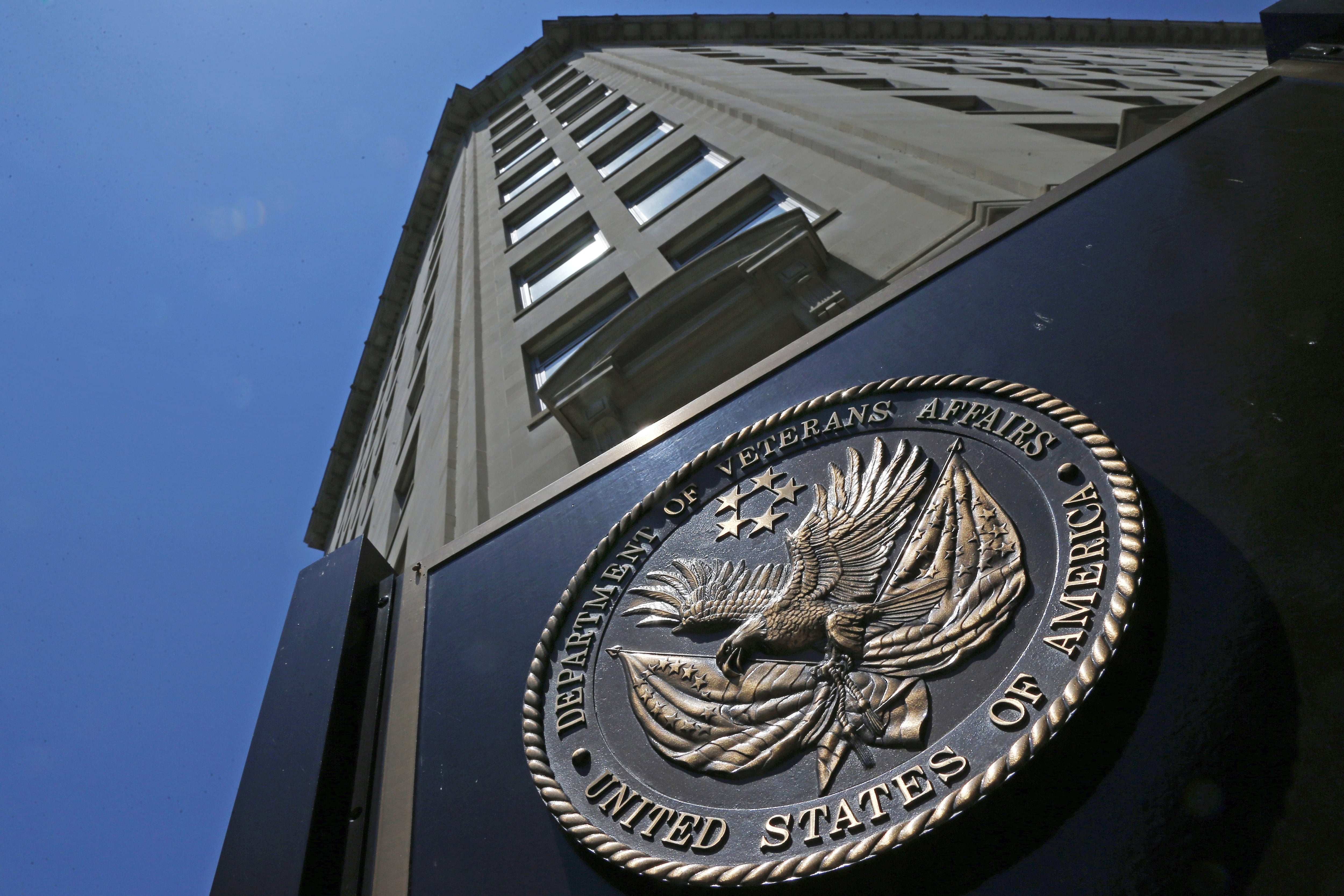The Army Reserve has partnered with universities and private companies across the country to recruit and grow cyber security professionals.
The new Cybersecurity Private Public Partnership was launched Feb. 10 during a ceremony on Capitol Hill.
"The nation has a tremendous need for cyber experts, both in the civilian sector and the military sector," said Lt. Gen. Jeffrey Talley, chief of the Army Reserve and commanding general of Army Reserve Command.
A recent report from the Government Accountability Office showed the federal government alone needs about 40,000 cyber security professionals, Talley said.
"There's a real shortage of this capability in the nation, not just in our own forces," he said.
The Army Reserve is in a unique position to grow these professionals, he said.
"We have a lot of these cyber warriors ready to go because of their civilian-acquired skills at companies where they practice this day in and day out," Talley said. "The good news is the military has recognized that there is great capability in the reserve component … that they need to harvest and bring to the table to get after this important mission."
But demand exceeds supply, so the cyber partnership was started "out of a necessity," said Lt. Col. Scott Nelson, the program manager.
"For the Army Reserve and the reserve component writ large to be successful in the cyber career fields, we need to be immensely engaged in this field," he said. "Our soldiers need to be immersed in it, and they need to have civilian jobs in the career field to be successful."
Learning cyber is similar to learning a language, Nelson said.
"If you're not immersing yourselves in the culture and learning from natural speakers, you're going to have a hard time," he said. "If you look at how the Army's going to grow cyber, it's all about immersion."
Technology and the cyber threat are changing every month, Nelson said.
"If you're not immersed in this, you're not a very effective cyber security professional," he said.
By bringing together the military, universities and private companies, the Cyber Private Public Partnership strives to recruit more cyber warriors, improve the skills of those already in the field, connect potential cyber professionals with employers, and generate interest in military and cyber security career fields among middle- and high-school students.
"We tried to design a program so we can build a personnel pipeline from middle school, high school, collegiate level, entry-level and mid-level, and expand their opportunities to get employed and build academic networks," Nelson said.
This is critical as the nation faces a growing cyber threat, officials said. The recent hack of U.S. Central Command's Twitter account as well as the massive hack of Sony Pictures are just two recent examples.
"The biggest challenges in the world can't be solved by governments alone," Talley said.
The six universities partnering with the Reserve on this are University of Washington, Norwich University, George Mason University, Drexel University, University of Colorado, and University of Texas at San Antonio.
The Reserve's 12 corporate partners include Rackspace, Verizon Communications, Microsoft, Chevron and CALIBRE Systems.
The FBI also is partnering in this effort.
The partner universities are looking for ways to sponsor scholarships and provide money for students to get formal academic training in cyber security. This could include folks who have never worked in the field to advanced degrees for cyber professionals looking to improve their abilities, Talley said.
The Reserve had specific criteria when it selected the partnership universities, Nelson said.
Each program focuses on a specific need in the military, such as infrastructure protection or cyber forensics, he said. The Reserve also wanted schools that offered non-traditional courses and distance learning to meet the needs of its soldiers, many of whom have full-time jobs.
Another factor was whether the schools were nationally ranked and accredited, Nelson said.
"If someone wanted to get a cyber-protection degree, this is an opportunity for them," he said. "We'll put as many reservists as we can through the program. We want to make sure the demand meets what the requirements are."
For now, students will have to rely on more traditional ways to pay for school — ROTC scholarships, Tuition Assistance, the GI bill, Nelson said. Plans are in the works to try to secure funding for the program, he said.
As for the employers in the partnership, they cannot guarantee they will hire Reserve soldiers for cyber security jobs, but they have committed to at least interviewing potential candidates, Talley said.
"The Army is downsizing," he said. "We have a lot of active component soldiers leaving the Army. Some may be cyber warriors and want to get a cyber security civilian career and continue doing military cyber. Those are great recruits. Then there are others who are leaving active-duty who need a good civilian career but don't know much about cyber. Those also are great recruits."
The national average entry-level salary for a cyber security professional is more than $71,000 a year, Nelson said.
"This is an opportunity for a fantastic career and a good paying job," he said. "It's in a high-demand field where you'll always have opportunities."
Talley said he expects the partnership to grow and expand in time.
"There are a lot of details in this, everything from how can we do workshops and conferences, [and] we'll even go to middle schools, high schools and undergraduates to create awareness of cyber security and get young men and women starting to think about this as a career they might want to pursue," he said.
This partnership is "just a starting point," Talley said.
The Army Reserve also is studying what its cyber force structure should be, Nelson said.
"Our initial focus is on those really, truly, tip of the spear cyber security defenders in the Army Reserve, but the breadth is going to grow," he said. "We just can't accept the amount of risk we're taking in defense of our networks."
Michelle Tan is the editor of Army Times and Air Force Times. She has covered the military for Military Times since 2005, and has embedded with U.S. troops in Iraq, Afghanistan, Kuwait, Haiti, Gabon and the Horn of Africa.




